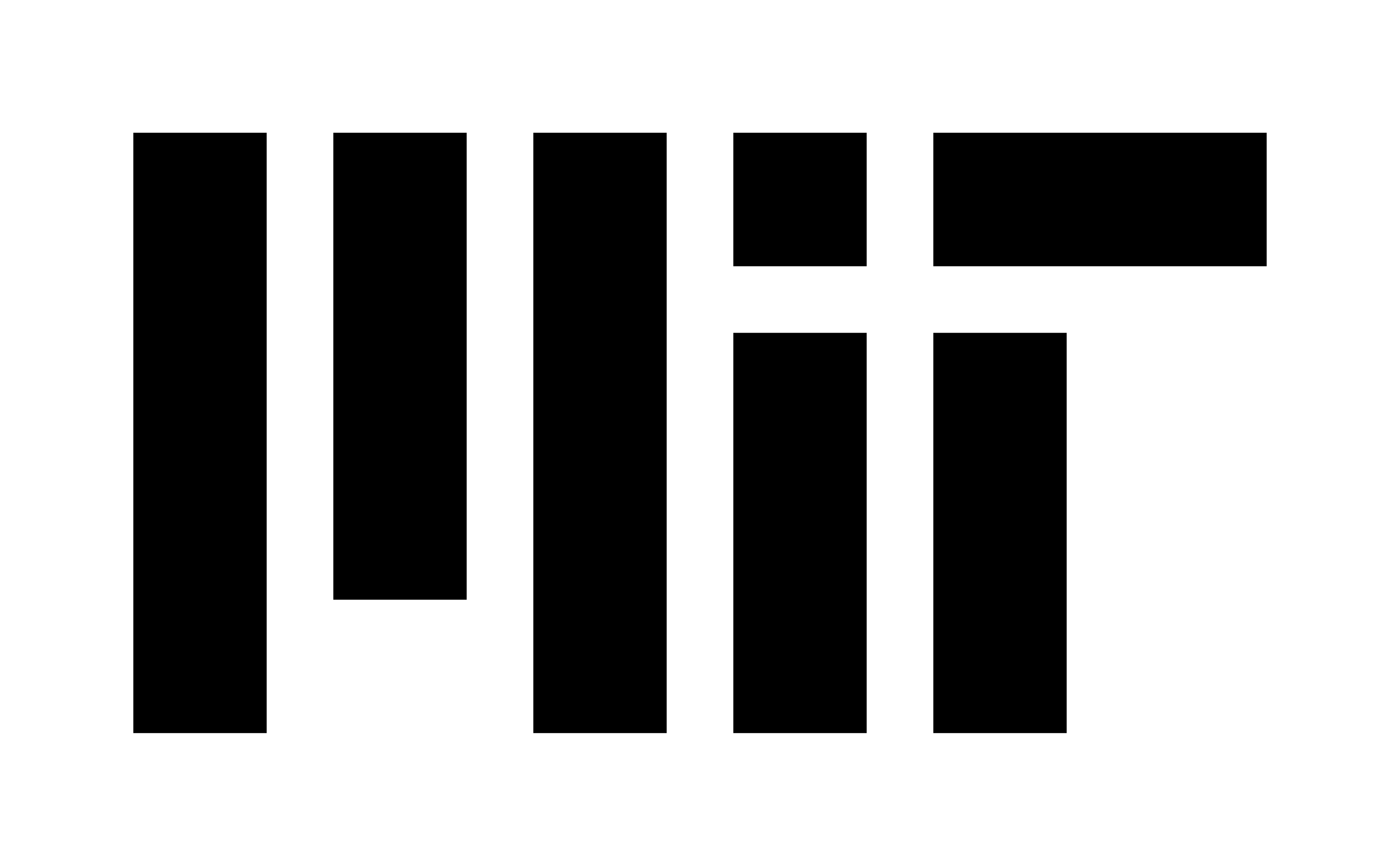PEOPLE
- Research Affiliate
- AI Faculty Lead
JOURNAL
Science Translational Medicine
Read the Article
ABSTRACT
Improved breast cancer risk models enable targeted screening strategies that achieve earlier detection and less screening harm than existing guidelines. To bring deep learning risk models to clinical practice, we need to further refine their accuracy, validate them across diverse populations, and demonstrate their potential to improve clinical workflows. We developed Mirai, a mammography-based deep learning model designed to predict risk at multiple timepoints, leverage potentially missing risk factor information, and produce predictions that are consistent across mammography machines. Mirai was trained on a large dataset from Massachusetts General Hospital (MGH) in the United States and tested on held-out test sets from MGH, Karolinska University Hospital in Sweden, and Chang Gung Memorial Hospital (CGMH) in Taiwan, obtaining C-indices of 0.76 (95% confidence interval, 0.74 to 0.80), 0.81 (0.79 to 0.82), and 0.79 (0.79 to 0.83), respectively. Mirai obtained significantly higher 5-year ROC AUCs than the Tyrer-Cuzick model (P < 0.001) and prior deep learning models Hybrid DL (P < 0.001) and Image-Only DL (P < 0.001), trained on the same dataset. Mirai more accurately identified high-risk patients than prior methods across all datasets. On the MGH test set, 41.5% (34.4 to 48.5) of patients who would develop cancer within 5 years were identified as high risk, compared with 36.1% (29.1 to 42.9) by Hybrid DL (P = 0.02) and 22.9% (15.9 to 29.6) by the Tyrer-Cuzick model (P < 0.001).

